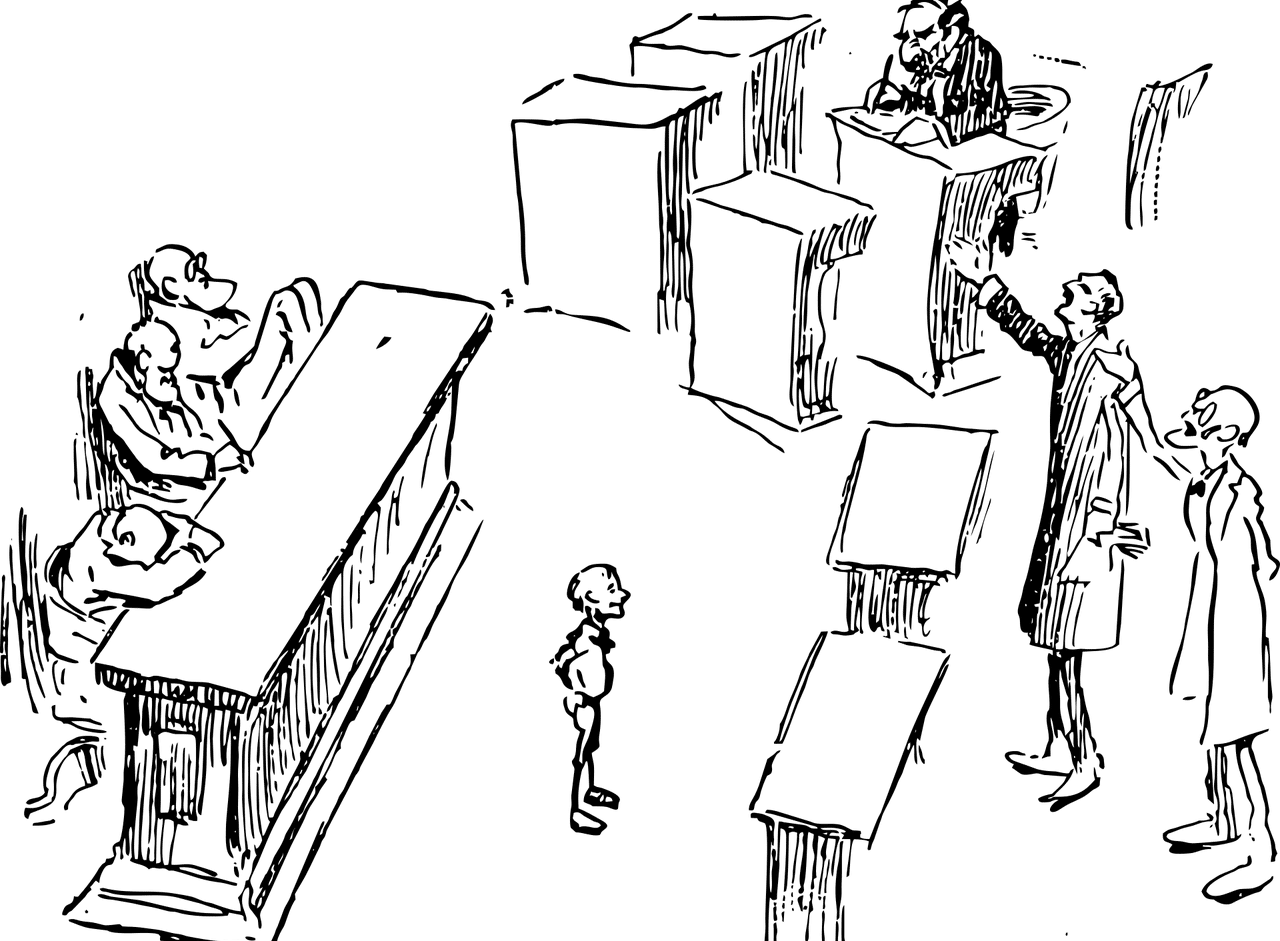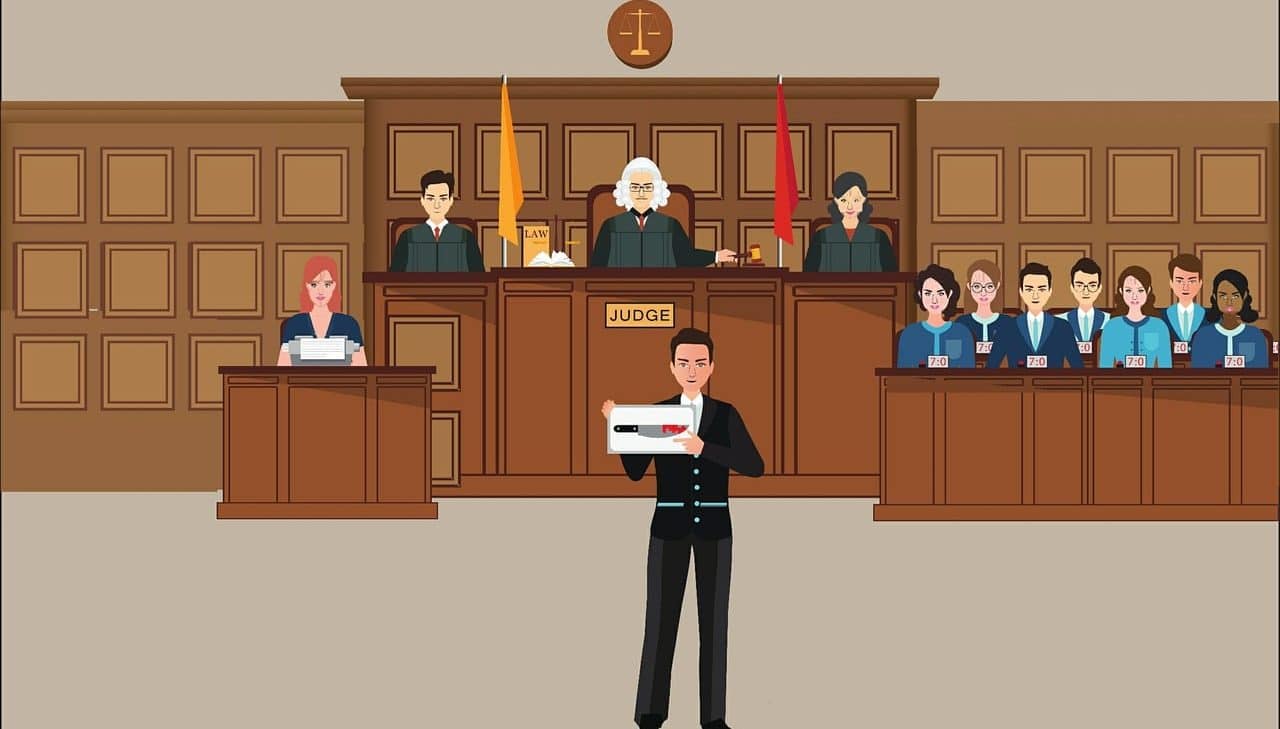
A pleading is an exposition.
An allegation is an address , a testimony or an exposition that is pronounced against or in favor of a person or something. It is a term whose etymological root is found in allegātus , a word from the Latin language.
For example: "The religious leader made a plea for peace at a mass meeting" , "The prosecutor is scheduled to make his plea tomorrow before noon" , "The actor made a strong plea against journalism after photos were released of his privacy in a magazine .
Example of pleading
Take the case of an experienced soccer player who, tired of criticism of his team's coach, decides to hold a press conference to defend him.
In his argument, the footballer highlights that the technical director in question has won ten titles throughout his career, including one last year. It also lists the injuries suffered by the team as an explanation for the poor results in recent times. For this reason, the player asks that the criticism of the coach stop and that his work be valued.

Pleadings are very important in trials.
The term in the judicial field
In the judicial field, according to the dictionary of the Royal Spanish Academy ( RAE ), an argument is called the presentation made by a lawyer to substantiate the right of the defending party and to refute the reasons given by the other party.
In his argument, the legal specialist makes a statement, analyzes the evidence, challenges the arguments of the counterparty and carries out a legal basis for his claims based on legislation and jurisprudence.
Types of allegations
Allegations can be presented in two ways:
- Orally , at the hearing when the evidence is concluded. The concept that includes the process carried out by the judge when he checks and validates the evidence that each party has alleged, before the trial takes place.
- In writing , either when the pleadings period opens or when the hearing has ended.
It is worth mentioning that the allegation constitutes a procedural burden for both parties, although it is also important to note that there is no obligation on the part of the judge to rule on them.
Its characteristics
Although it is normal that there is no specific form established by procedural laws with respect to the structure of the allegation, it must be taken into account that it must involve a reasoned and methodical presentation of the following:
- The facts stated in the complaint.
- The evidence that the party wishes to provide to demonstrate them.
- The value of said tests.
- The challenge of those contributed by the opposing party.
- The denial of the events indicated by the opposing party.
- The reasons that can be extracted from the facts that are proven.
- The doctrinal and legal reasons that can be adduced in favor of the right being invoked.
Other considerations about the term allegation
A word from the allege family that is often used in everyday speech is the verb allege , whose definition can provide a certain background to better understand the concept in question. It is the action that a person performs when he cites an example, certain words or a fact that can serve to prove his innocence or to defend himself in a certain situation.
Another meaning of the verb allege defines it as the act of presenting services or merits that serve to support a certain claim. In the particular case of law, the area in which the concept of pleading is usually focused, it is the action carried out by an accused or his defense lawyer to argue , in written or oral form, rights and events that serve to defend its cause.
